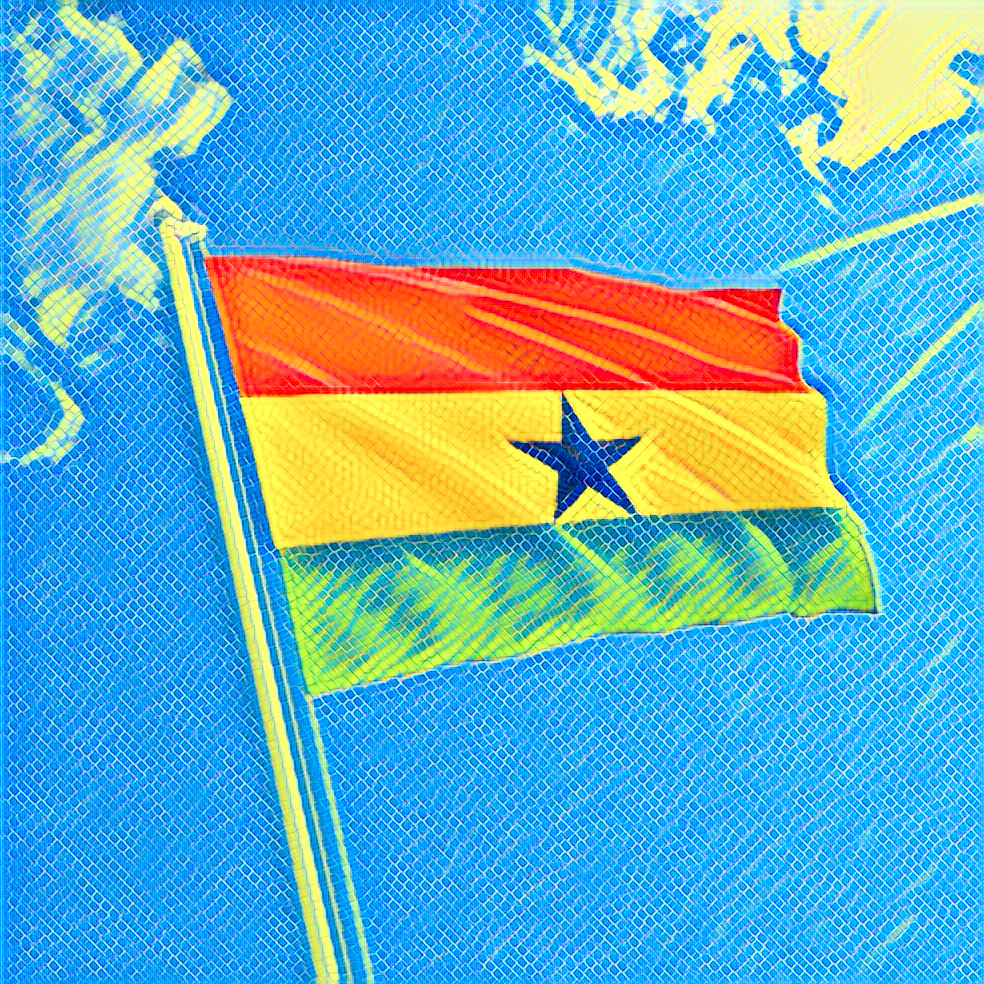Ghana has unveiled a new policy to harness the potential of its diaspora population for the country’s socio-economic development. The Diaspora Engagement Policy, launched at the Office of the President on Wednesday, aims to facilitate a mutually beneficial relationship between Ghana and its citizens living abroad.
The policy is the result of a series of stakeholder consultations and collaborations between the Diaspora Affairs Office of the President, the Ministry of Foreign Affairs and Regional Integration, and other partners, including the International Organisation for Migration, the Centre for Migration Studies, and the Deutsche Gesellschaft für Internationale Zusammenarbeit (GIZ).
According to Ghana’s Foreign Minister, Shirley Ayorkor Botchwey, the policy will provide a framework for engaging the diaspora in various sectors, such as trade, investment, tourism, culture, education, health, and governance. It will also address some of the challenges and barriers faced by the diaspora, such as dual citizenship, voting rights, consular services, and remittance costs.
The policy launch comes at a time when Ghana is seeking to strengthen its ties with its global diaspora, especially in the wake of the successful Year of Return initiative in 2019, which marked the 400th anniversary of the first enslaved Africans arriving in North America. The initiative attracted thousands of visitors of African descent to Ghana, generating an estimated $1.9 billion in revenue.
Ghana’s President, Nana Akufo-Addo, who presided over the launch, said the policy was a recognition of the invaluable contributions of the diaspora to the nation’s development. He said his government was committed to creating an enabling environment for the diaspora to participate in the country’s affairs and to benefit from the opportunities available.
He also urged the diaspora to take advantage of the policy and to support the government’s vision of building a Ghana Beyond Aid, a prosperous and self-reliant nation that can provide for its own needs and aspirations.
Ghana has one of the largest and most diverse diaspora populations in the world, estimated at between 1.5 and 3 million people, spread across more than 33 countries. The diaspora is a major source of remittances, skills, knowledge, and innovation for Ghana. In 2020, despite the impact of the COVID-19 pandemic, Ghana received $3.6 billion in remittances, making it the second-highest recipient in sub-Saharan Africa, after Nigeria.
The policy launch was attended by representatives of various diaspora groups and associations, as well as members of the diplomatic corps, civil society, academia, and the media. The policy document and its accompanying action plan are expected to be made available to the public soon.
The policy is seen as a milestone in Ghana’s quest to leverage its diaspora for sustainable development and to foster a sense of belonging and identity among its global citizens.
Source: Modern Ghana




